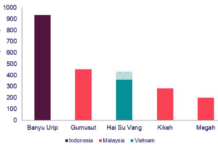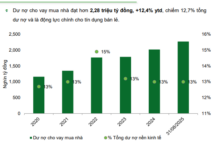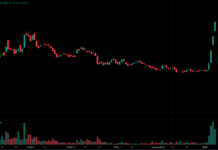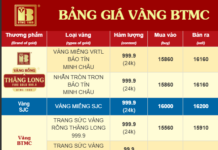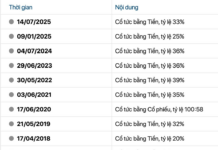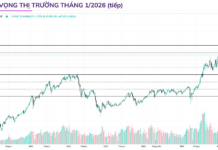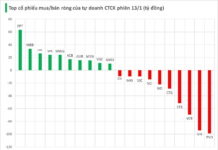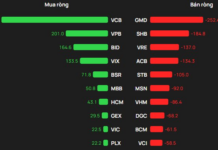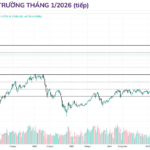According to the Department of Legal Aid (Ministry of Justice), there has been a growing trend of exploiting property auctions to bid unusually high prices, only to default on payments afterward. This includes collusion, price suppression, or manipulation in land use rights auctions across various localities to profit, disrupting the healthy development of the real estate market. Such practices pose significant risks to social order, economic development, and the investment environment. Therefore, increasing the deposit amount is essential to curb these issues promptly.
Is This the Optimal Solution?
Experts weigh in on the proposal to raise the maximum deposit from 20% to 50% of the starting price. While this could reduce defaults, it raises several concerns that require careful consideration.
Mr. Phạm Đức Toản, CEO of EZ Real Estate Investment and Development JSC (EZ Property), explains: “A higher deposit can deter defaults and speculative bidding but may reduce participant numbers, potentially leading to negative outcomes like collusion. Thus, this proposal isn’t the most optimal solution.”
He illustrates: “For individual land plots, the deposit isn’t substantial, but for projects valued at hundreds or even thousands of billions of dong, a 50% upfront deposit poses significant challenges, limiting businesses’ financial flexibility. Previously, with a 20% deposit, companies could balance finances and secure bank loans for the remaining 80% post-auction.”
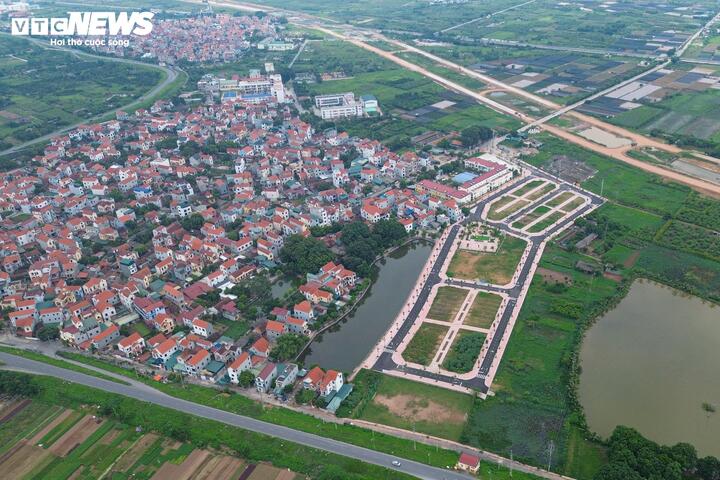
Experts argue that raising auction deposits isn’t a root solution to the default issue.
“The minimum deposit should remain at 10%, with the maximum capped at 30%, not rigidly fixed. Auction organizers should determine this based on project specifics for greater flexibility,” Mr. Toản suggests.
Attorney Phạm Thanh Tuấn of the Hanoi Bar Association agrees that a 50% deposit could reduce defaults by encouraging financial prudence. However, distinctions between individuals and businesses are necessary.
Mr. Tuấn explains: “For individuals bidding on residential land (typically under 5 billion dong), a 50% deposit is reasonable. However, for businesses bidding on commercial projects valued at hundreds or thousands of billions of dong, a 50% deposit could stifle competition, excluding small and medium-sized enterprises, and even larger ones without prepared capital.”
Land costs often constitute a significant portion of total investment, yet current laws require only 20-25% owner’s equity, with the remainder financed post-auction. Mr. Tuấn suggests maintaining a 20% deposit for businesses to ensure feasibility and fair competition, while individuals could face higher rates.
The wide deposit range (10-50%) risks inequality among localities without clear guidelines. Overly stringent deposits could limit participation, favoring only large enterprises and potentially leading to monopolies or collusion. Specific criteria are needed to determine deposit rates rather than leaving it to local discretion.
Mr. Nguyễn Thế Điệp, Vice Chairman of the Hanoi Real Estate Club, notes that higher deposits can deter short-term speculators. However, a 50% deposit could exclude many individuals and small businesses. For instance, a 20 billion dong plot would require a 10 billion dong deposit, a significant burden for those without such liquidity.
Reduced participation could lower competition, potentially resulting in final prices below market value or government expectations. Auctions aim to select capable bidders and maximize state revenue, but excessive financial barriers may hinder these goals.
How to Curb Speculation and Defaults?
Experts agree that the root cause lies in setting starting prices too low relative to market rates, encouraging speculative high bids and defaults. Aligning starting prices with market values could make the current 20% deposit sufficiently deterrent.
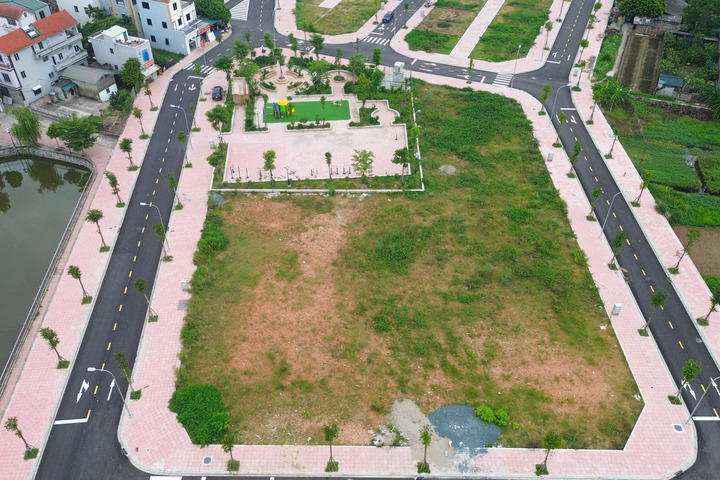
Market-aligned starting prices can effectively reduce defaults.
Assoc. Prof. Đinh Trọng Thịnh emphasizes that starting prices should reflect local market rates, increasing deposit amounts and deterring defaults. Higher starting prices attract genuine buyers and discourage speculative bidding.
Additional measures, such as transferring land ownership only after full payment and requiring construction within three years, can further curb speculation. These steps ensure that only serious buyers participate.
Prof. Hoàng Văn Cường suggests requiring bidders to prove sufficient funds through bank statements or asset guarantees, with penalties for defaults, including asset seizure and public disclosure. This would exclude speculative bidders and ensure transparency.
Economist Nguyễn Minh Phong proposes stricter penalties, such as 5-10-year bans for defaulters, and criminal charges for collusion. He stresses the importance of transparent planning, public price ranges, and market-based compensation for state projects to prevent manipulation by intermediaries.
Tax Real Estate Soon to Cool Down Soaring Housing Prices
Amidst the relentless surge in housing prices, which fail to accurately reflect true market value, experts advocate for the prompt implementation of a property tax to curb escalating home costs.
Land Speculators Flock to Rural Areas Following Announcement of Industrial Zone Planning
Following the announcement of the zoning plan for the construction of the Western Industrial Zone in Ha Tinh (located in Toan Luu commune), land prices in the area surged unexpectedly. A flood of people and vehicles descended upon the once-serene countryside, transforming it into a bustling hub of activity.




